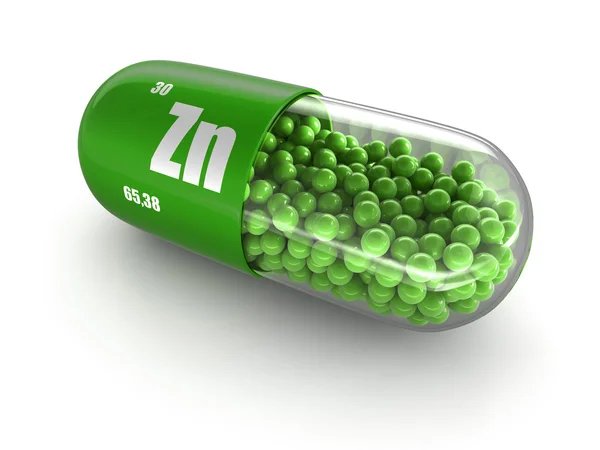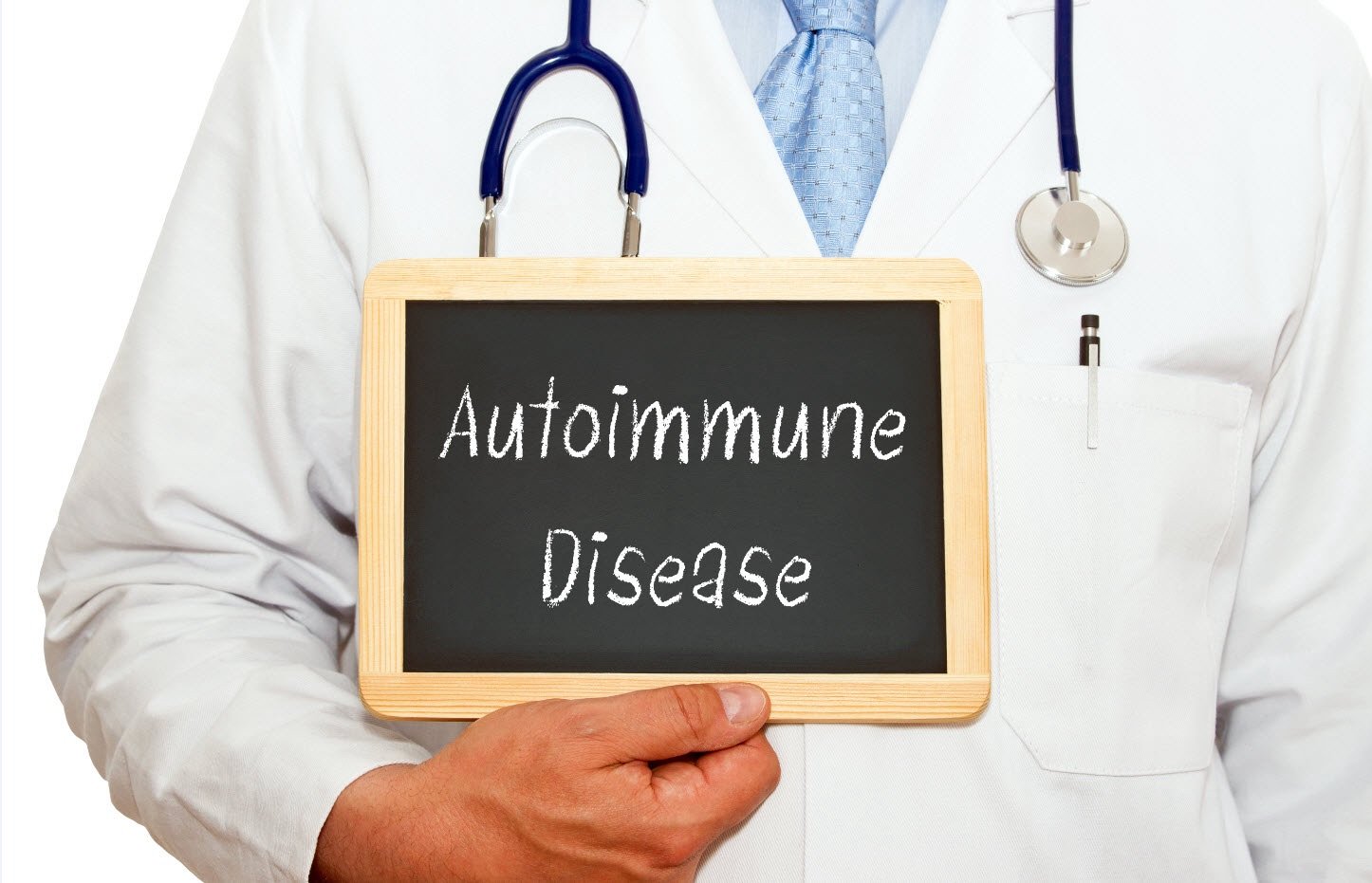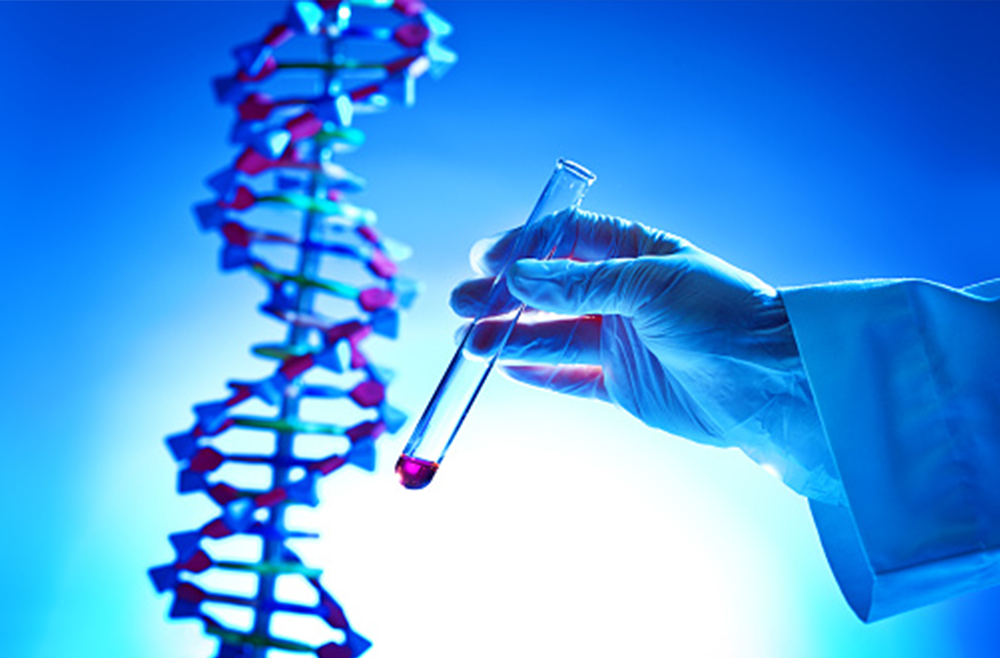When it comes to optimizing testosterone levels, zinc is often hailed as one of the most important minerals. Testosterone, the primary male sex hormone, plays a key role in muscle growth, mood regulation, and overall energy levels. Zinc, a trace mineral found in many foods, has a direct impact on testosterone production, making it essential for men looking to support their hormonal health naturally.
How Does Zinc Influence Testosterone?
Zinc is involved in numerous bodily processes, and one of its most critical roles is in the regulation of testosterone. Here’s how zinc helps:
- Supports Testosterone Synthesis: Zinc is required for the production of testosterone in the testes. It acts as a cofactor for the enzymes that synthesize this hormone. Low zinc levels can lead to reduced testosterone production.
- Reduces Aromatase Activity: Aromatase is an enzyme that converts testosterone into estrogen. Zinc inhibits aromatase activity, helping to maintain higher testosterone levels by preventing this conversion.
- Influences the Hypothalamic-Pituitary-Gonadal (HPG) Axis: Zinc helps regulate the HPG axis, which is responsible for signaling the testes to produce testosterone. Adequate zinc ensures that this signaling process works efficiently.
- Supports Healthy Sperm Production: Zinc also plays a vital role in sperm health, and studies have shown that low levels of this mineral can negatively affect sperm quality and fertility.
The Science Behind Zinc and Testosterone
Several studies highlight zinc’s importance in testosterone regulation:
- Zinc Deficiency and Testosterone Levels: Research published in Nutrition found that men with low zinc intake experienced a significant drop in testosterone levels. After supplementing with zinc for six months, these men saw a notable increase in testosterone.
- Zinc and Exercise: Another study from Biological Trace Element Research showed that athletes who supplemented with zinc experienced less of a drop in testosterone after intense exercise. This suggests that zinc can help maintain testosterone levels even under physical stress.
Best Sources of Zinc
To naturally support testosterone levels, it’s important to consume foods rich in zinc. These include:
- Oysters: One of the highest sources of zinc, oysters are often considered a natural testosterone booster.
- Red Meat: Beef and lamb are rich in zinc, offering an easy way to increase intake.
- Pumpkin Seeds: A plant-based source of zinc, ideal for vegetarians and vegans.
- Legumes: Chickpeas, lentils, and beans provide moderate levels of zinc, especially when consumed in large portions.
- Nuts: Cashews and almonds offer another plant-based way to increase zinc intake.
Zinc Supplements for Testosterone Support
For those struggling to get enough zinc through diet alone, supplementation can be an effective option. Zinc supplements come in various forms, including:
- Zinc Picolinate: Known for high absorption.
- Zinc Citrate: Another easily absorbed form.
- Zinc Gluconate: Commonly used in lozenges, also well absorbed.
When choosing a zinc supplement, it’s important to take the recommended dosage, as excessive intake can lead to side effects such as nausea and copper deficiency.
How Much Zinc Do You Need?
The Recommended Dietary Allowance (RDA) for zinc is 11 mg per day for adult men. However, athletes or men looking to boost testosterone may benefit from slightly higher doses, typically around 30 mg per day, under the guidance of a healthcare professional.
Conclusion: Zinc is Essential for Optimal Testosterone Levels
For men seeking natural ways to boost their testosterone levels, zinc offers a safe and effective option. By supporting testosterone production, reducing the conversion of testosterone into estrogen, and enhancing sperm health, zinc plays a crucial role in maintaining hormonal balance. Whether through diet or supplements, ensuring adequate zinc intake is vital for overall well-being and optimal testosterone levels.




